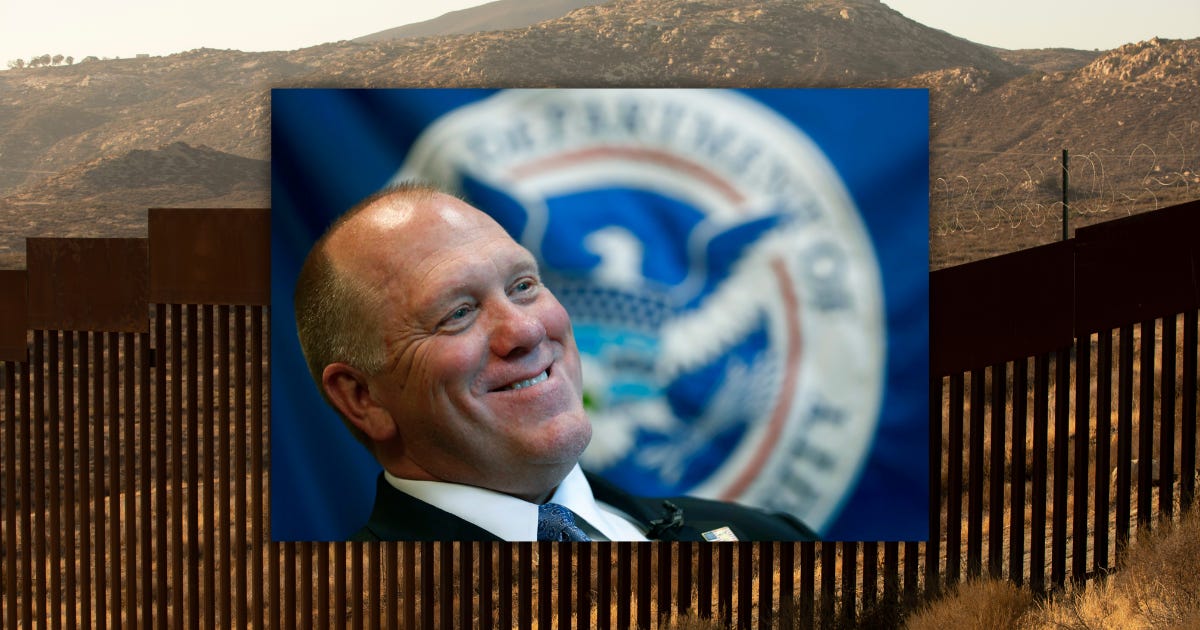BREAKING: President Trump’s Border Czar Tom Homan: 'Deportations Have Started'
Tom Homan, the newly appointed border czar and former acting director of Immigration and Customs Enforcement (ICE), confirmed that immigration enforcement actions have commenced. Authorities are prioritizing individuals who have been convicted of or arrested for serious crimes. However, Homan noted that enforcement would not be limited to public safety threats alone, citing difficulties posed by sanctuary city policies.
“Because of sanctuary city policies, we are forced to go into neighborhoods to apprehend individuals who would otherwise be detained in jails,” Homan stated. “If we encounter others who are also in the country illegally, we will take action.”
Relative Executive Orders at a Glance
Executive orders signed by President Trump include:
Declaring a national border emergency
Ending birthright citizenship
Reinstating the “Remain in Mexico” policy
Terminating the CBP One mobile app used for scheduling asylum interviews
Designating Mexican cartels as foreign terrorist organizations
One of the most controversial orders involves the elimination of birthright citizenship, a principle rooted in the 14th Amendment. Legal experts suggest that such a change would face immediate legal challenges, likely reaching the Supreme Court. President Trump has expressed willingness to let the courts determine the matter.
Homan defended the decision to classify Mexican cartels as foreign terrorist organizations, arguing that they are responsible for more American deaths than any other global terrorist groups combined. This designation, he said, would enable the U.S. government to take broader international actions against cartel operations, both in Mexico and other countries where they operate.
Officials acknowledged rising concerns about illegal crossings at the northern border. Yesterday’s fatal shooting of a Border Patrol agent in northern Vermont has intensified calls for increased security measures along the U.S.-Canada border, where crossings have reportedly surged by 600%.
Homan confirmed that ICE enforcement actions were being carried out across the country but declined to specify locations for security reasons. The focus remains on individuals with criminal backgrounds, though broader apprehensions may occur as agents encounter other undocumented individuals during operations.
“We are prioritizing public safety threats, but we will not ignore other violations,” Homan emphasized.
As the Trump administration pushes forward with these measures, legal challenges and policy debates are expected to intensify, particularly regarding birthright citizenship and the impact of the new designations for Mexican cartels. The coming weeks are likely to see continued developments as enforcement strategies unfold and legal battles take shape.




